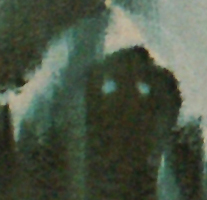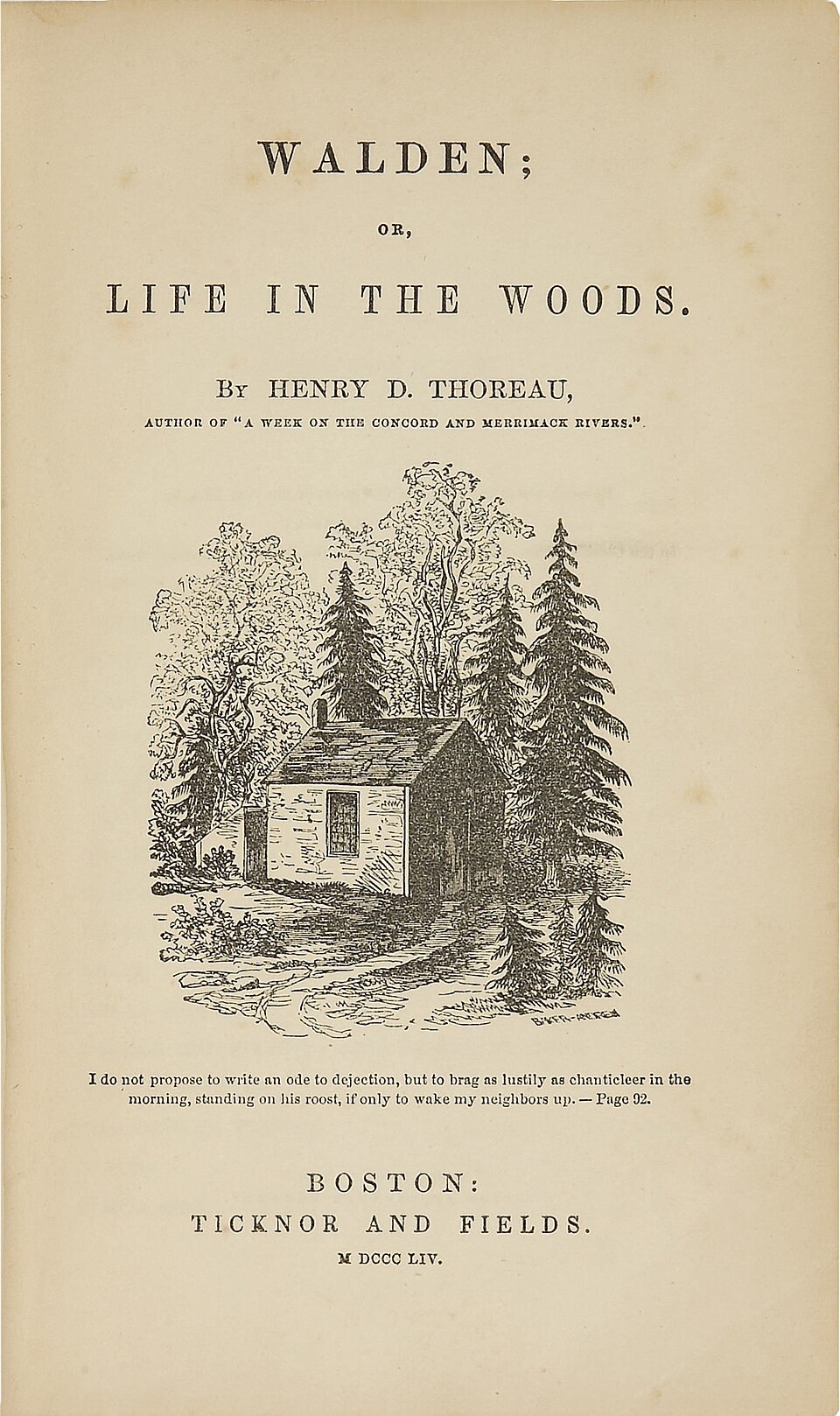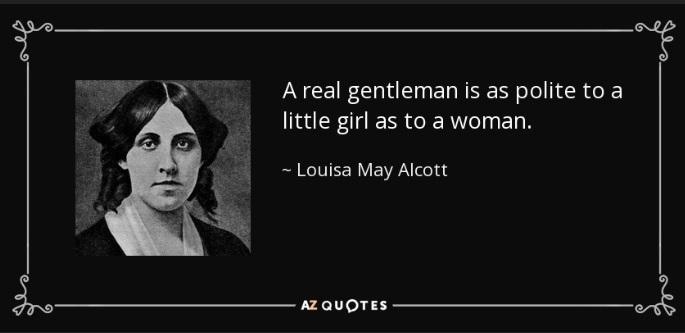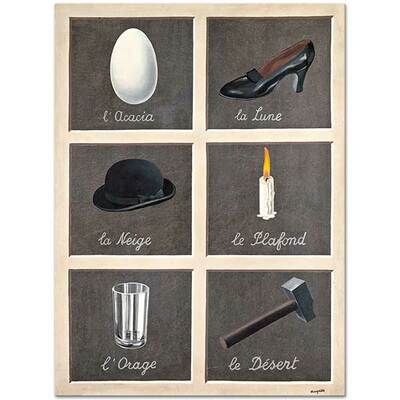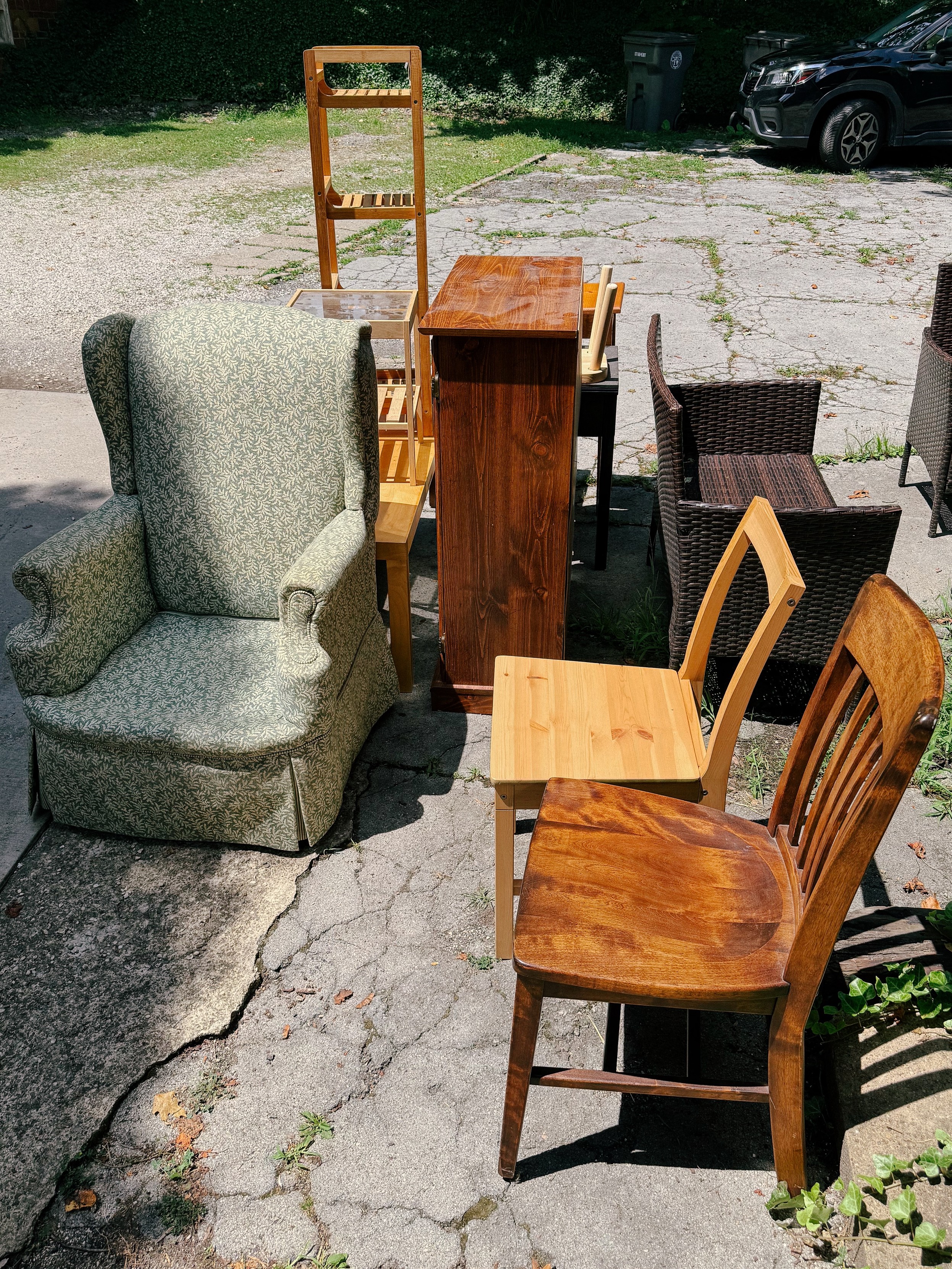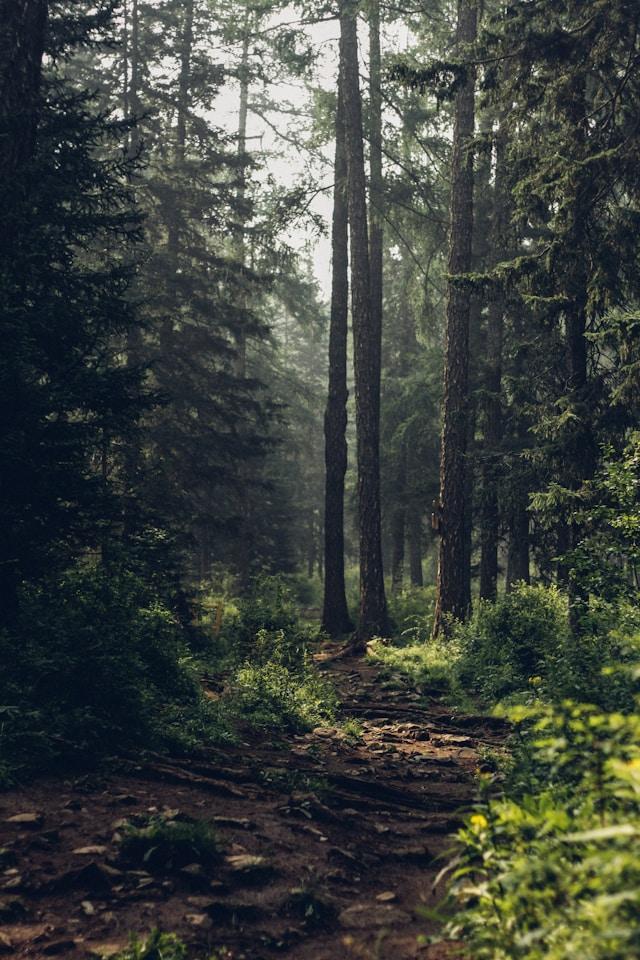"If you are restricted in your range by poverty, if you cannot buy books and newspapers, for instance, you are but confined to the most significant and vital experiences. Money is not required to buy one necessity for the soul." - Henry David Thoreau, 'Walden' #BookChatweekly #booksky #Thoreau
"If you are restricted in your range by poverty, if you cannot buy books and newspapers, for instance, you are but confined to the most significant and vital experiences. Money is not required to buy one necessity for the soul." - Henry David Thoreau, 'Walden' #BookChatweekly #booksky #Thoreau
